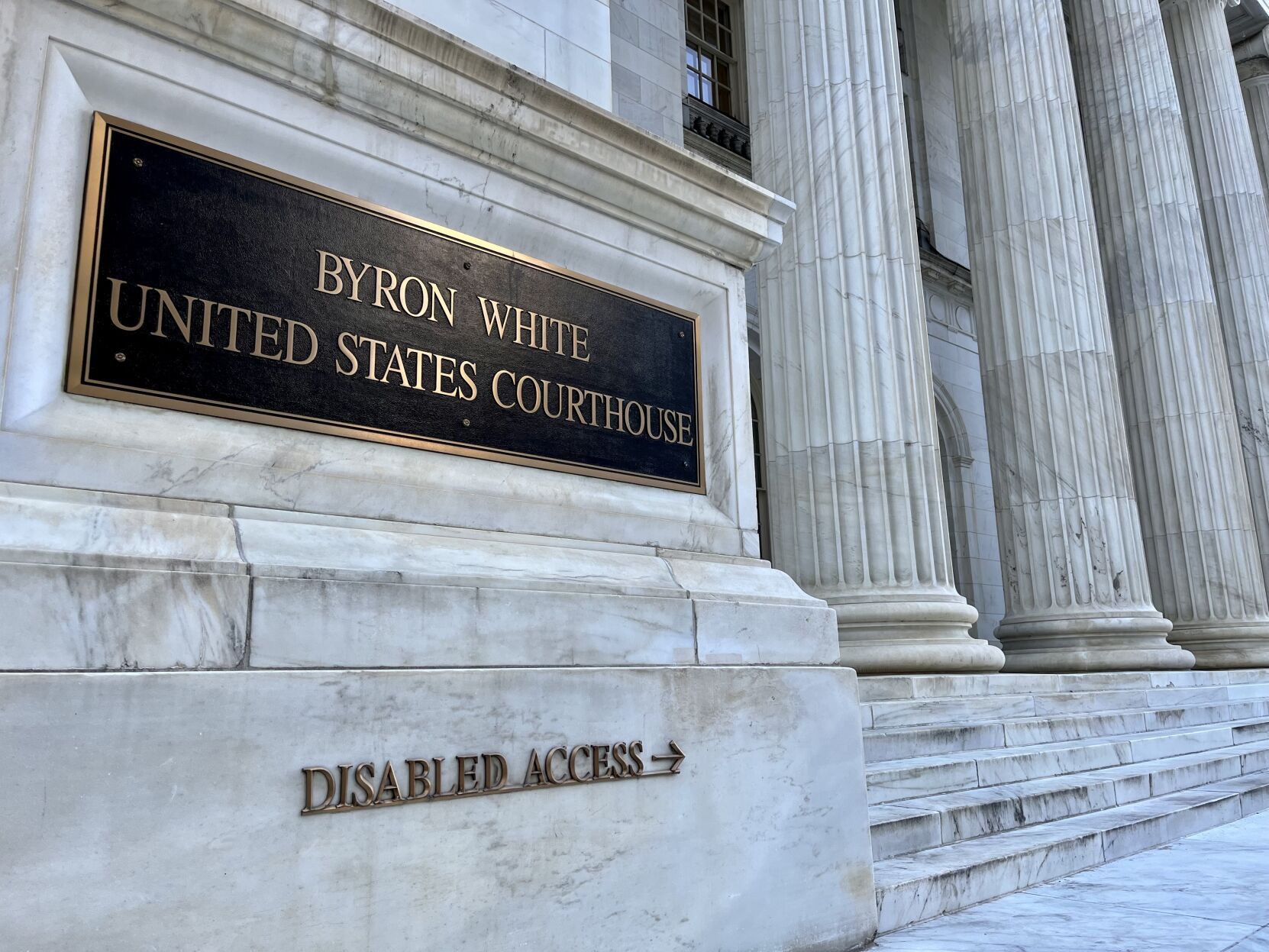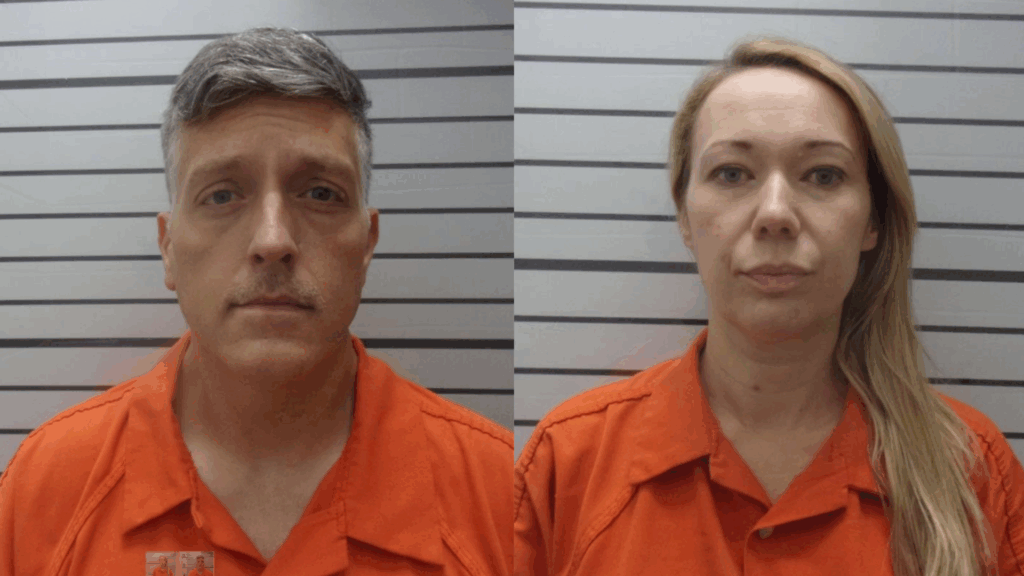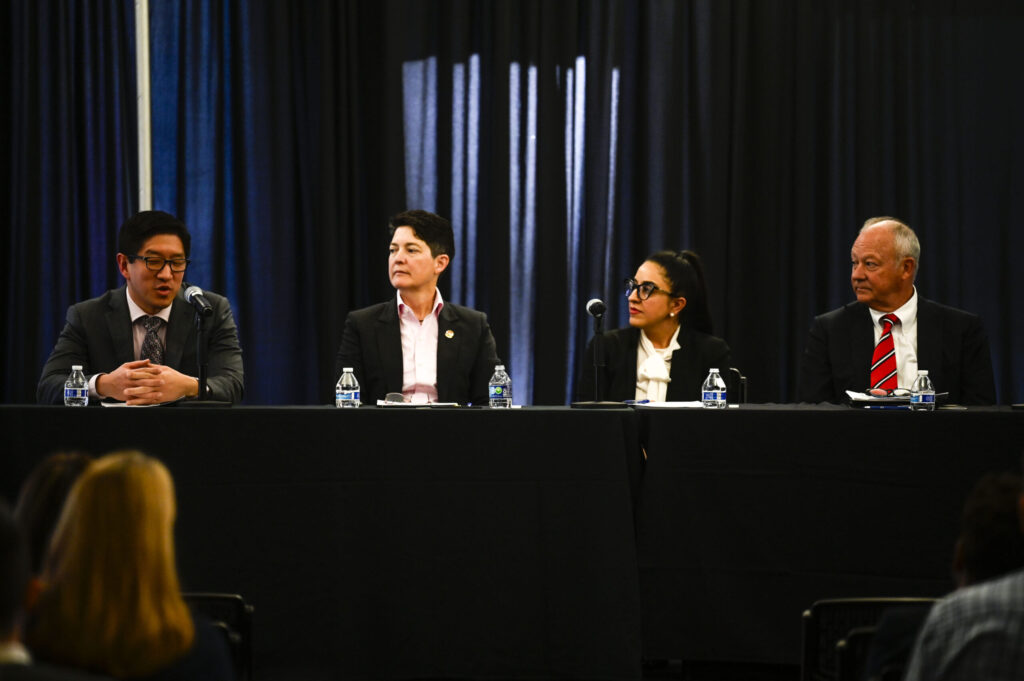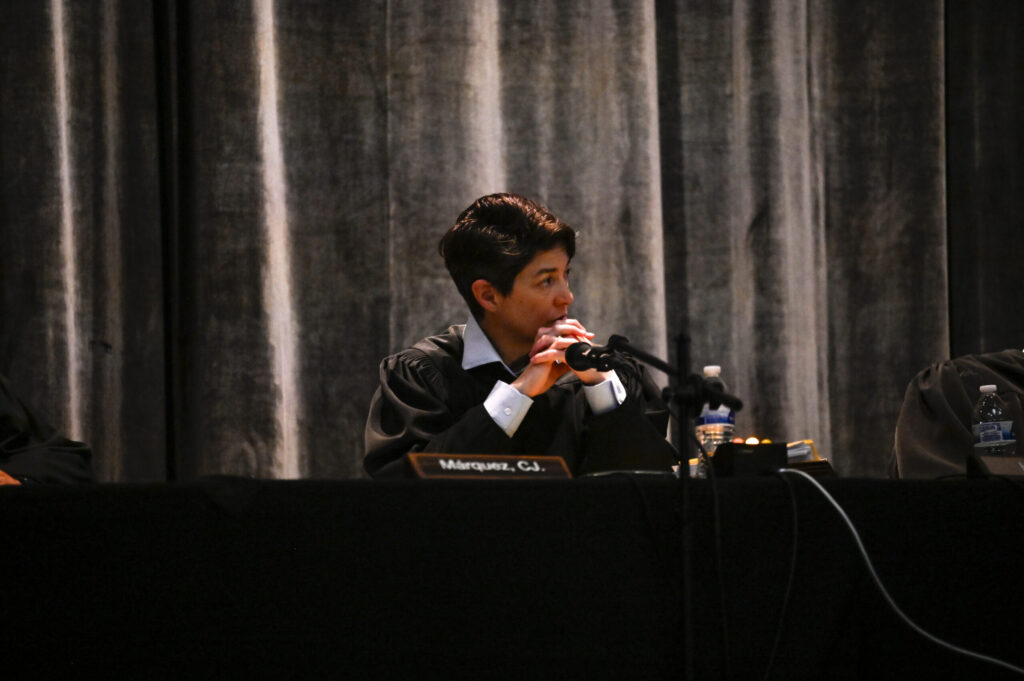10th Circuit revives retaliation claim against Jeffco sanitation district

The Denver-based federal appeals court on Monday reinstated an attorney’s retaliation claim against her former employer, a special district based in Lakewood, alleging she was fired for statements she made about board members’ malfeasance.
Courts have recognized that public employees’ First Amendment rights are more limited, owing to the need for the government to control the provision of services. A public employee’s speech is not protected if, among other things, it was made pursuant to the employee’s official duties.
A three-judge panel of the U.S. Court of Appeals for the 10th Circuit determined a trial judge had looked too broadly at whether the public statements of Mary Joanne “Jo” Deziel Timmins fell under her official duties. The panel concluded that alerting the public to alleged misconduct was not part of her job.
“We see nothing in the complaint that would suggest that Timmins’s duties included going outside the chain of command or beyond the customary duties of a lawyer to her client,” wrote Judge Harris L Hartz in the Nov. 3 opinion. “And the facts alleged in the complaint do not compel the inference that Timmins’s statements to the press and the public were part of her official duties.”
Case: Timmins v. Plotkin
Decided: November 3, 2025
Jurisdiction: U.S. District Court for Colorado
Ruling: 3-0
Judges: Harris L Hartz (author)
Timothy M. Tymkovich
Richard E.N. Federico
Civil rights attorney David Lane, who was not part of the case, said the 10th Circuit’s decision was consistent with U.S. Supreme Court precedent, and the “mere fact” that Timmins learned about alleged malfeasance on the job did not shut off her First Amendment protections.
“Clearly, this plaintiff did not have to go public with her disclosures and she was acting as a private citizen raising issues of public concern,” Lane said. “This opinion again vindicates the rights of governmental employees to speak freely to the press about concerns they may have regarding job-related duties.”
First Amendment attorney Ashley I. Kissinger, who was also not involved in the case, said that Timmins could potentially face professional consequences if her speech violated the rules of conduct for lawyers. But “the protection from retaliation exists even if the speech violates a lawyer’s duty of confidentiality under the rules of professional conduct.”
Timmins sued the Green Mountain Water and Sanitation District after it fired her in the summer of 2021. According to Timmins, the board of directors retaliated against her for bringing to the public’s attention the alleged malfeasance and lawbreaking she learned about while serving as the district’s counsel. Timmins was also named as a defendant, John Kiess Henderson, whom she accused of conspiring with the board and defaming her by posting untrue statements on his website.

Timmins came to represent the special district in early 2019, around the time the board voted to terminate an intergovernmental agreement with the nearby Big Sky Metropolitan District to transport Big Sky’s wastewater for treatment. Green Mountain’s about-face on the agreement led to the filing of a half-dozen lawsuits that could have sent Green Mountain into bankruptcy.
Timmins learned multiple board members had been receiving “pro bono” legal advice from Henderson. It was Henderson who drafted the board resolution to exit the Big Sky agreement.
Timmins became concerned after learning Henderson was working as a public defender, meaning he was not allowed to practice law outside his job. She warned board members about communicating with Henderson, about preserving their emails and about not violating open meetings law. According to Timmins, board members Alex Plotkin, Jeffrey Baker and Karen Morgan did not comply.
Beginning in 2021, Timmins spoke up at meetings to disclose board members’ alleged legal violations and their actions that reportedly endangered Green Mountain’s ability to defend against the litigation. She also spoke to reporters and to private citizens about what she witnessed. The board’s majority voted to fire her.
U.S. District Court Judge Charlotte N. Sweeney dismissed Timmins’ retaliation claim in March 2023. She concluded Timmins’ comments to reporters and citizens “stemmed from the work she was paid to do” and, thus, were pursuant to her official duties.
“Ms. Timmins, as the District’s legal counsel, did not remove her attorney hat simply because she was speaking after hours to individuals outside her chain of command,” Sweeney wrote.

On appeal, Timmins argued her legal duties did not require her to make the statements at issue.
“Timmins’ speech is protected by the First Amendment because she did not have a distinct, undisputed, job duty to make statements to the press or the public as part of her express job responsibilities,” wrote attorney Joseph A. Murr.
The 10th Circuit panel agreed that Sweeney had defined Timmins’ duties too broadly.
“An employee does not speak pursuant to her official duties merely because her speech ‘owes its existence to’ or ‘relates to’ her employment,” wrote Hartz. “Her speech to reporters and private citizens may have related to her job, but it was not ordinarily within the scope of her duties.”
Hartz acknowledged that Timmins’ job required a communications component, and statements from “high-ranking persons that have official significance” are more likely to fall under official duties.
“But the audience for the speech is a critical factor,” he continued. “Few public employees have a duty to inform or sway public opinion; when other employees speak to a public audience, directly or through the press, they are not speaking pursuant to their official duties even if their purpose is ultimately to improve (or punish) the performance of their public employer so that they can work more effectively.”
The case is Timmins v. Plotkin et al.













